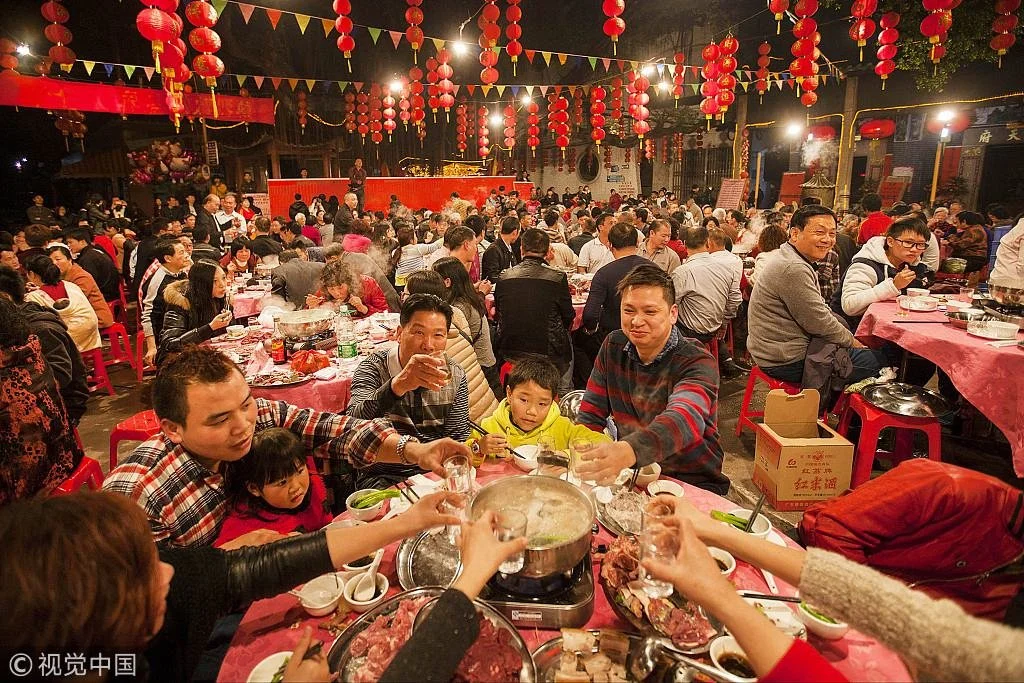China View: Culture, Control, and the CCP’s Austerity Crackdown
In a fresh wave of political discipline, the Chinese Communist Party has unveiled a new set of austerity rules targeting civil servants. The measures, introduced under President Xi Jinping’s ongoing anti-corruption campaign, prohibit officials from dining in groups larger than three, frequenting upscale restaurants, or repeatedly meeting with the same contacts — signaling an even tighter grip on bureaucratic conduct and social interactions.
Beginning in April, a series of high-profile scandals in Henan, Hunan, and Anhui involving excessive drinking at large banquets led to the deaths of several civil servants and Party members, likely from alcohol poisoning or related misconduct. It was later revealed that those involved attempted to conceal the details of these outings and directly compensate the families of the deceased without notifying the CCP. In response, Xi Jinping and the CCP introduced new austerity regulations that go beyond dining restrictions. They prohibit unnecessary expenses and promote frugality in all aspects of life. These measures aim to crack down on any forms of extravagance displayed by Party members in an effort to tighten the CCP’s grip on both governmental and civilian conduct. Many civil servants have expressed frustration over the updated regulations, along with a broader trend of increasingly strict laws intruding on the personal lives of Chinese citizens. Some argue that this level of control has gone too far, even by the CCP’s own standards. Is this merely another step in China’s ongoing effort to assert control over its population, or a justified regulation intended to preserve the integrity and image of the Communist Party?
While it’s clear that the drinking culture among officials had spiraled out of control, and the scandalous banquets in April were excessive and inappropriate, alcohol consumption in China is nothing new. It is deeply embedded in social customs. An old and well-known Chinese proverb says: “酒逢知己千杯少” (jiǔ féng zhī jǐ qiān bēi shǎo), which translates to, “When drinking with a close friend, even a thousand cups are too few.” In nearly all types of Chinese social gatherings, drinking is not only accepted but often seen as a cultural tradition. Holidays dating back thousands of years have incorporated alcohol as part of celebratory rituals. The Spring Festival, or Chinese New Year, brings families together to usher in the new year, an event where alcohol plays a central role. Drinking is also symbolic of good fortune and is regarded as a meaningful way to express lasting friendship, loyalty, and hopes for prosperity.
A chinese family comes together to celebrate the lunar new year
The banquets held in May were not considered unusual by Chinese cultural standards. Excessive drinking at large gatherings is common among civil servants and active Communist Party members. What was uncommon, however, were the tragic deaths that resulted. Details surrounding these banquets have been tightly controlled by the CCP, either to protect the families involved or to avoid further political fallout. It’s evident that the Party is determined not to be humiliated in this way again. Images of extravagant feasts and free-flowing liquor clash with Xi Jinping’s vision of a disciplined, frugal, and orderly government. While these regulations may seem invasive, they appear to be aimed less at micromanaging the lives of low-level civil servants and more at safeguarding the domestic and international reputation of the Chinese government. In other words, CCP doesn’t care what goes on in the lives of low-level government officials as much as they care about their global standing as a well-run and respected nation. The updated austerity regulations were introduced only after a scandal surfaced, despite what appears to have been years of similar unofficial activity.
After being elected General Secretary of the Chinese Communist Party in 2012, Xi Jinping introduced a code of conduct known as the “Eight-Point Regulations,” aimed at curbing corruption and misconduct throughout China’s vast bureaucracy. One of the largest anti-corruption efforts in modern Chinese history, these guidelines focused on promoting discipline, reducing extravagance, and reinforcing the Party’s connection with the public, all centered around eight critical principles of proper governance: leaders and officials must remain in close contact with conditions on the ground and not be detached from local governance; government meetings should be regulated and efficient to avoid wasting the public’s time; the issuance of official documents and paperwork should be reduced; foreign trips by government officials should be made only out of necessity and should exclude unnecessary personnel; unnecessary traffic controls should be eliminated when leaders travel by car to avoid disrupting the public; the media should report on official events only when doing so benefits the public; leaders should not publish works under their own names without Party approval; and leaders must adhere to established regulations regarding the use of official vehicles and housing accommodations. Although first introduced in 2012, the Eight-Point Regulations were considered for formal implementation by the 19th Central Committee of the Chinese Communist Party—the governing body from 2017 to 2022—but it wasn’t until 2022 that General Secretary Xi Jinping declared the Eight-Point Regulations to be “long-term and effective rules of iron, and a hard bar.”
Xi Jingping (Center) after being elected General Secretary of the Chinese Communist Party
While the “eight-point regulations” are laws in and of themselves, the recently updated austerity regulations are a clear extension of Xi’s original vision, laid out more than a decade ago. By limiting social interactions between government officials outside the workplace and enforcing the importance of maintaining professional boundaries, the policies—found in both the original “eight-point regulations” and the newer austerity measures—reflect a consistent effort to restore the reputation of discipline, strength, and fairness to the Chinese Communist Party.



